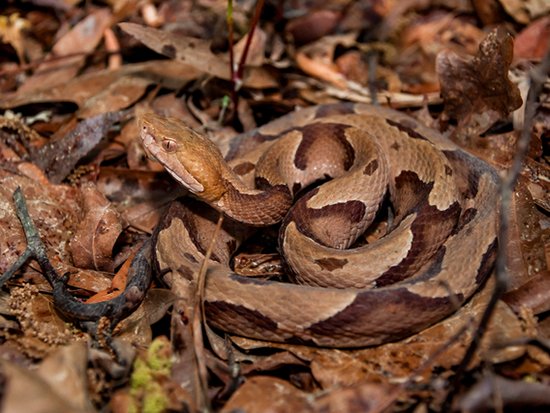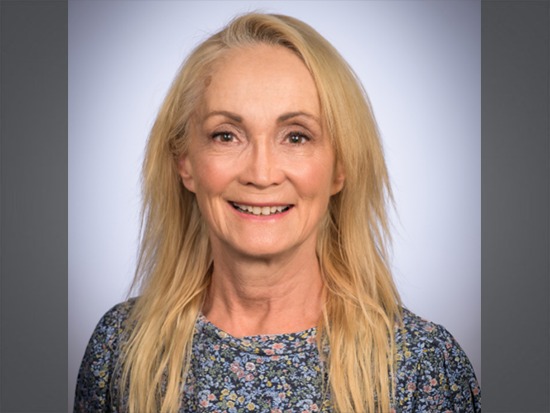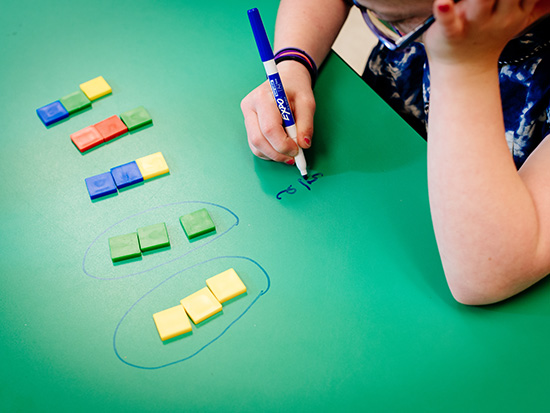Campus & Community
March 19, 2025
A bold vision for the future: UAB launches new visual identity
A refreshed brand has hit the market for UAB.
Find an Expert
Browse our list of UAB experts who can provide insights on timely news and research. To contact an expert, please coordinate with the public relations specialist associated with each individual.
Find an ExpertHealth & Medicine

March 13, 2025
UAB Comprehensive Snakebite Program is the only program in the state to offer snakebite care in an outpatient setting


February 27, 2025
Six signs it is time to see a cardiologist
Research & Innovation
People of UAB

March 19, 2025
Paving the path to medicine: UAB junior secures research opportunities at Stanford and the University of Chicago


March 11, 2025
Watts, Fouad inducted into Alabama Engineering Hall of Fame
Arts & Events

March 19, 2025
Fun and educational summer camps offered at UAB

March 18, 2025
Attend a UAB Arts Week event March 31-April 8

March 13, 2025













